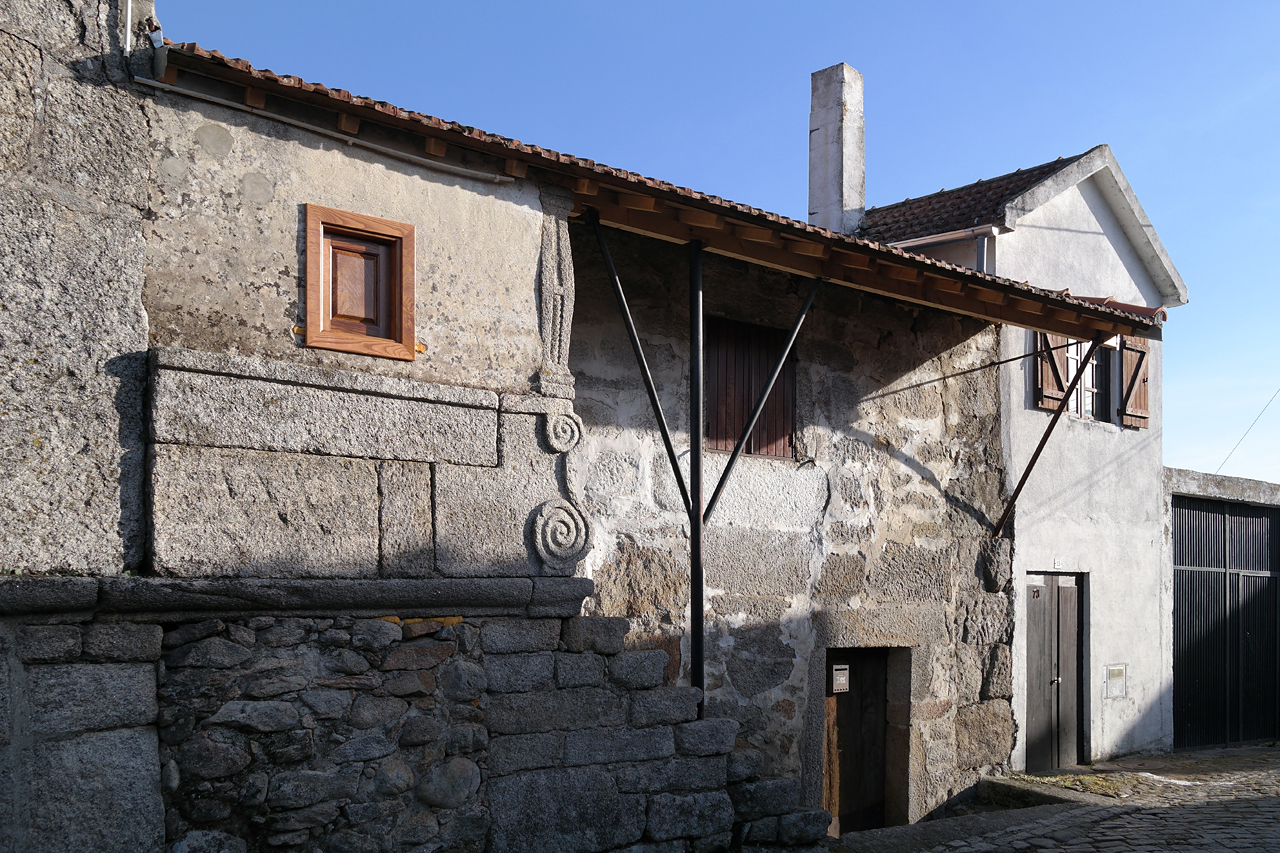The Terva Valley Archaeological Park/TVAP (Portuguese PAVT) is a joint project between the Municipality of Boticas and the University of Minho, started in 2006 and designed as a cultural landscape management unit.

The TVAP is an archaeological park with a continuous geographical character, which includes a set of cultural and natural values that are relevant and representative of the different landscapes that have formed in the territory, incorporating visitor infrastructures such as the Interpretation Centre in Bobadela, interpreted circuits and platforms for observing heritage resources.
With about 60 km2 and 47 archaeological sites identified, the TVAP itself justifies several visits to Boticas.

Because travelling through the landscape makes it easier to understand its different meanings, visitors are offered a variety of routes through the TVAP, divided into six categories: Mines; Hillforts; Ancient roads; Natura; Villages and Ancient rock carvings.

Through these interpreted routes, the aim is for visitors to experience the singularities of the Terva Valley and to ‘see things as they are’, to build memories here too, following the paths of the people, the animals and the natural elements.

Interpretation Centre of Bobadela
The Interpretive Centre located in the village of Bobadela is the entrance to the TVAP. The exhibition content bridges the gap to the enjoyment of the landscape and heritage in loco, proposta através dos roteiros de visitação.

Admission is free. See opening hours here.
Contact
Tel.: (+351) 276 410 200
Email: turismo@cm-boticas.pt
Location
Routes

Mines Route

Hillforts Route

Ancient Roads Route

Nature Route

Villages Route





